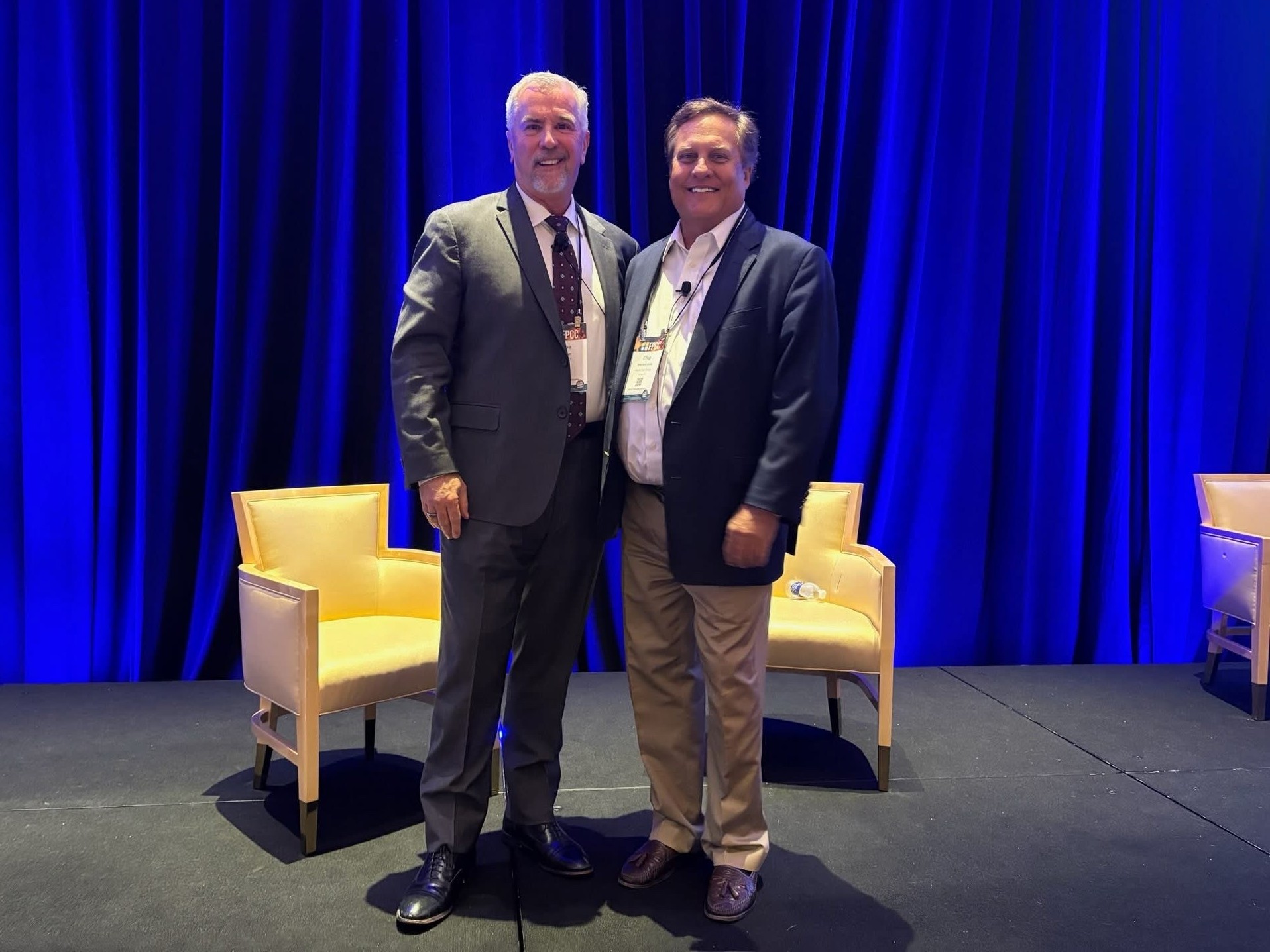Allen Laman wrote an article for Carrier Management, which was re-published in part in the Claims Journal, Claims Satisfaction Leaders Reveal Secrets to Success. One point of the article came as no surprise, with AMICA claiming top scores in a survey of claims customer satisfaction:
Amica Mutual Insurance ranked highest in overall auto claims customer satisfaction in J.D. Power’s studies in both 2022 and 2023. The Lincoln, R.I.-based insurer also notched first place in J.D. Power’s 2024 property claims study.
In typed responses to emailed questions, company leadership said that Amica provides ‘a claims experience that’s both efficient and empathetic, helping customers feel supported during a stressful time,’ adding that representatives provide 24/7 claims support.
‘Labor and material shortages for home and auto repairs have resulted in longer claim cycle times, which impacts when customers are made whole again,’ said Karen Chiappinelli, assistant vice president, claims executive department, Amica. ‘We find that being transparent about this up front with our customers—and clearly communicating expectations—builds trust and reduces anxiety.’
This is no surprise to readers of this blog. How To Evaluate What Is Owed Following Property Damage stated:
Some insurance companies have a culture to get a lot of money to the policyholder and give every benefit of the doubt to their customer. Chubb and AMICA are usually that way. But that type of attitude is no longer typical for most insurers. Instead, most insurance companies get into the policy small print and engage in a legal nuance game and practical war of delay based on technical arguments leading to paying less. That is the current state of property claims adjustment.
A 2020 article, Chip Merlin To Speak at Lloyds PICG Conference, reflected on me giving a paid speech to AMICA’s claims organization:
Two years ago, I gave a speech to the AMICA claims department. It may sound weird that an insurance company would have a policyholder advocate speak, but the claims management from AMICA wanted their adjusters to learn how a policyholder’s attorney viewed obligations of good faith claims handling, what the customer thinks and feels, and what to be concerned about while developing a culture of customer service in the claims department. I enjoyed the experience, the questions, and discussions that followed as well as thanks from the claims managers who must have taken a chance on asking me. Most insurance companies do not let those that sue them into their training centers to teach.
While some of the issues I raised with AMICA’s claims department were quite pointed, there was no bashing by me of the insurance industry or claims adjusters. Why should there be? I believe in the insurance product—I just want to make it better for the customers at the point of the claim. Good and ethical claims adjusters, managers, and those in the industry, including those working with and for various underwriters making up Lloyds certainly want that as well. Claims adjustment conducted properly is not an easy business and that is why high-level educational sessions such as the one I will speak at PICG in London are so important.
Good for AMICA. I hope the other claims departments try to keep up. Policyholders and society in general will benefit from that type of peer competition.
Laman’s concluding point was on the topic of “human touch” in an increasingly AI world. His article highlighted the need for claims departments to embrace human empathy if they want to succeed. I have also recently touched on empathy and authentic human interaction as the keys to success in my last two posts, A Christmas Message, and Austin Merlin Meyers Is a Contender.
Unfortunately, I also responded to a LinkedIn post by Judy Callaway, where she posted an obviously AI-written letter that was simply wrong and infuriated her. She reportedly had been insured with State Farm for 45 years. She decided to take her business elsewhere after receiving the AI letter. I reposted her letter and stated in response:
People are losing faith in insurance products, and this is an example. The insurers are so into inhuman form letters with varying degrees of AI which fail to have a personal touch about what factually happened. This $200k former lifetime State Farm customer is upset, and that is all that matters.
We can all learn from this as we try to be more productive. Most people want to deal with people rather than inaccurate, uncaring, and condescending AI-driven letters.
Artificial intelligence is having an impact on how we conduct personal and business activities. These mistakes in using AI are not just limited to State Farm and those in the insurance industry. The question is how all of us are going to balance and tolerate the efficiency and cost savings through the use of the artificial intelligence tool when it is substituting for human touch and creativity. This is especially serious for matters when the need for accuracy is extraordinarily high. Let me provide an example.
I was visiting with an insurance contents claims expert in Boston at the recent First Party Claims Conference. We visited a fairly new company that helps property adjusters by taking their visual photographs and videos of damaged items and, using AI, produce price lists at the snap of a finger. The expert then asked about a photo. She asked how the computer could tell if the fabric was silk, what grade of silk, and its wear and tear without touching. She looked at me and said there could be a ten thousand dollar difference on that particular grade of silk, and the AI reviewing the photo would not even know if the fabric was silk.
I suspect that the contents claims AI software process will undoubtedly require human interaction to make the result better while still being faster. Human input and verification seem to work best in many AI processing applications. My prediction is that my content expert colleague will probably be forced to use the software to be cost-competitive while still providing that human touch needed in her field.
Remember the AI-generated photo at the top of the post, Meet The New Low-Cost Independent Field Adjuster? I raised questions about the diminishing role of experienced independent adjusters.
My prediction is that this issue of authentic human empathy will become a more significant point of differentiation between low-cost insurance companies and those who also invest in the human touch. After all, some are happy to buy fake purses for pennies in the back allies or on the internet, while Hermes has made a fortune by sticking with the human touch. The retention of public adjusters to provide the missing expert human touch is not missed by the best public adjusting firms.
I applaud AMICA, and other insurance company claims executives who realize the importance of and invest in authentic empathy. This is not possible without humans interacting positively with their human customers in the claims process.
Thought For The Day
“They may forget what you said, but they will never forget how you made them feel.”
—Maya Angelou




